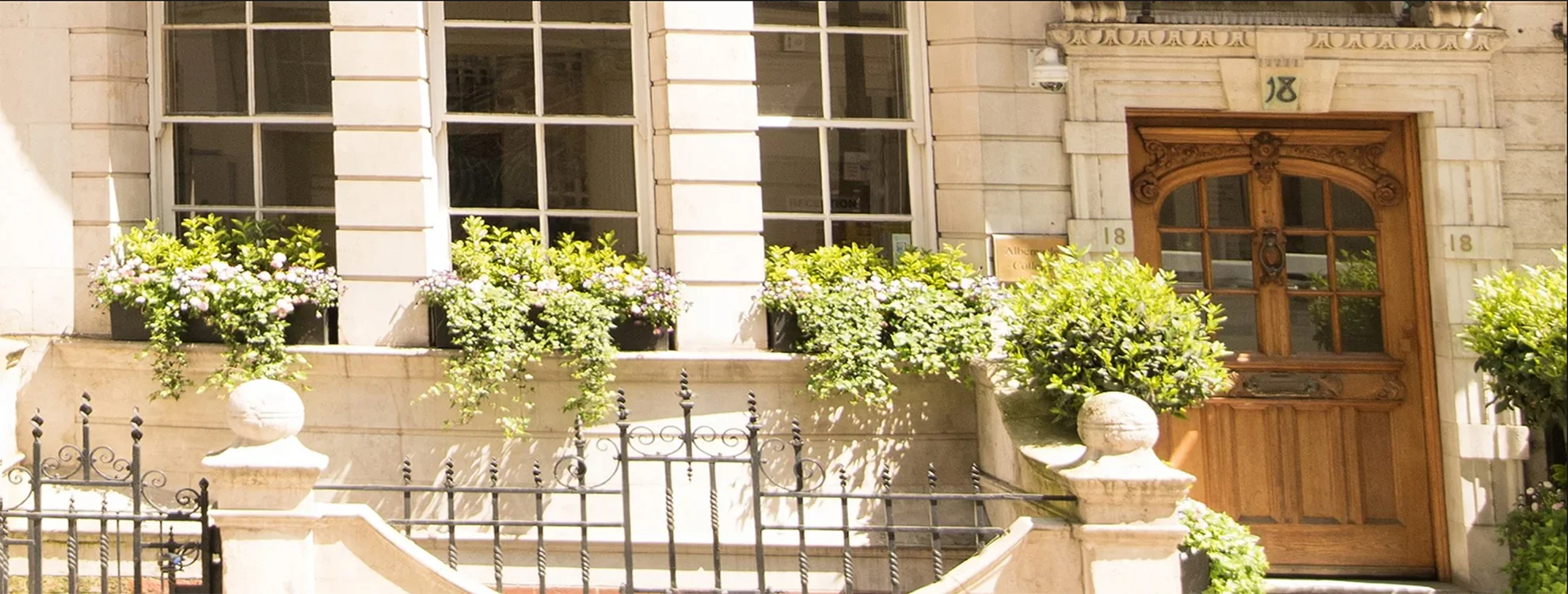








IGCSE Course Outline
What is IGCSE English Language?

IGCSE English Language is a course that is designed to strengthen and develop reading and writing skills. You will look at a range of fiction and non-fiction texts. You will also spend time learning how to write effectively for different audiences and purposes. The IGCSE English syllabus is both practical and interesting, giving you a chance to develop your English communication skills through a series of fun and stimulating exercises.
Examination structure
Paper 1: Non-fiction Texts and Transactional Writing
2 hours 15 mins
60% of IGCSE
Section A - Reading: a mixture of short- and long-answer questions on one previously unseen passage and one passage from the Edexcel Anthology. (45 marks)
Section B - Transactional Writing: one writing task involving a given audience, form and purpose. (45 marks)
Coursework: Poetry and Prose Texts and Imaginative Writing
Internal assessment
40% of IGCSE
Essay 1: one analytical essay based on class reading from the Edexcel Anthology
Essay 2: one piece of imaginative writing
| Duration | Weighting | ||
Unit 1 | Non-fiction Texts and Transactional Writing | 2 hours 15 mins | 60% of IGCSE |
Unit 2 | Poetry and Prose Texts and Imaginative Writing | Autumn & Spring Terms | 40% of IGCSE |
Structure of the Course
An IGCSE English Language result of C or above is a requirement for university entry. The course is often offered as a one-year course, the length of the study depending on the needs and development of the student concerned. The Edexcel IGCSE English Language course is taught in three one-hour lessons per week.
Challenges of the course
You will be required to think in a lot of depth about the texts that we study and to work hard on your written expression in order to meet the needs of the course.
Introductory and Further Reading
The best way to improve as an English student is to read as much as possible. We hope you will enjoy the books listed below. You should also read a good newspaper at least once a week.